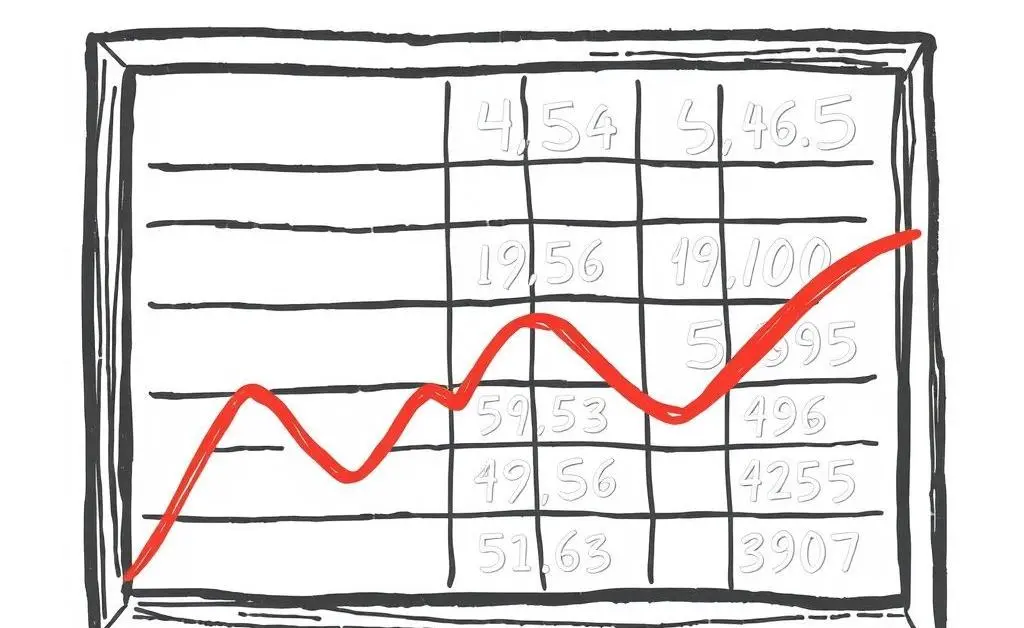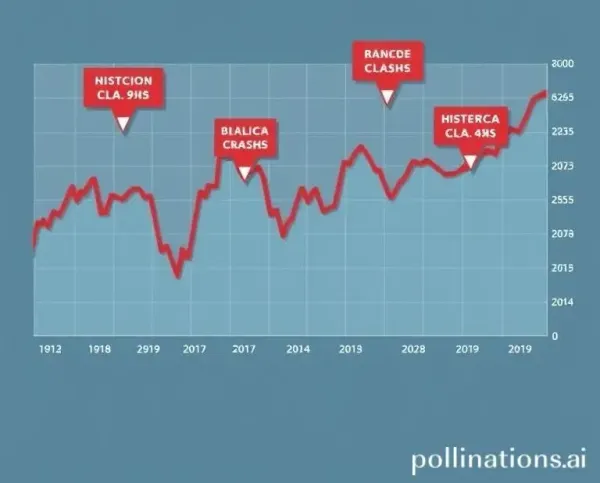What Can Today's Market Learn from History's Ups and Downs?
Explore market insights, lessons from history, and practical investing strategies.

Ever find yourself wondering how the stock market's past could affect your investing future? It's fascinating to see how certain patterns repeat themselves, offering us insights and lessons worth considering.
The Cycles of the Market
The stock market isn't just random numbers—it moves in cycles. These cycles often tap into broader economic trends and historical events. Understanding these can help us make informed decisions today.
A Lesson in Patience
Long-term investing has shown to be a practical approach. Consider this: a fictional friend of mine named Sam, who enthusiastically started investing with a binder of charts and optimism, learned this lesson the hard way. At first, Sam was consumed by every little market blip, checking updates constantly. After a few tumultuous months and heart-to-heart talks, she realized the value of patience and strategy, aligning her investments with long-term growth goals.

Surprising Market Facts
- Since 1928, the S&P 500 index has averaged a return nearly 10% annually.
- Recessions last an average of 11 months, whereas expansions last about 58 months.
- Timing the market perfectly is a rare skill—the true gain often lies in staying invested.

The Role of Emotional Intelligence
Beyond the numbers, a critical part of investing involves managing our emotions. It's easy to be swayed by fear during dips or euphoria during highs. Practical strategies, like maintaining a diversified portfolio or setting clear financial goals, can aid in keeping those emotions in check.

Strategies that emphasize steady growth, understanding market fluctuations, and learning from the past, equip us with the resilience needed for our financial journey.
Conclusion: What's the Next Step?
So, what do you think? How can we incorporate these historical insights into our modern investing plans? I'd love to hear your thoughts and how you navigate the ebb and flow of the financial world.




